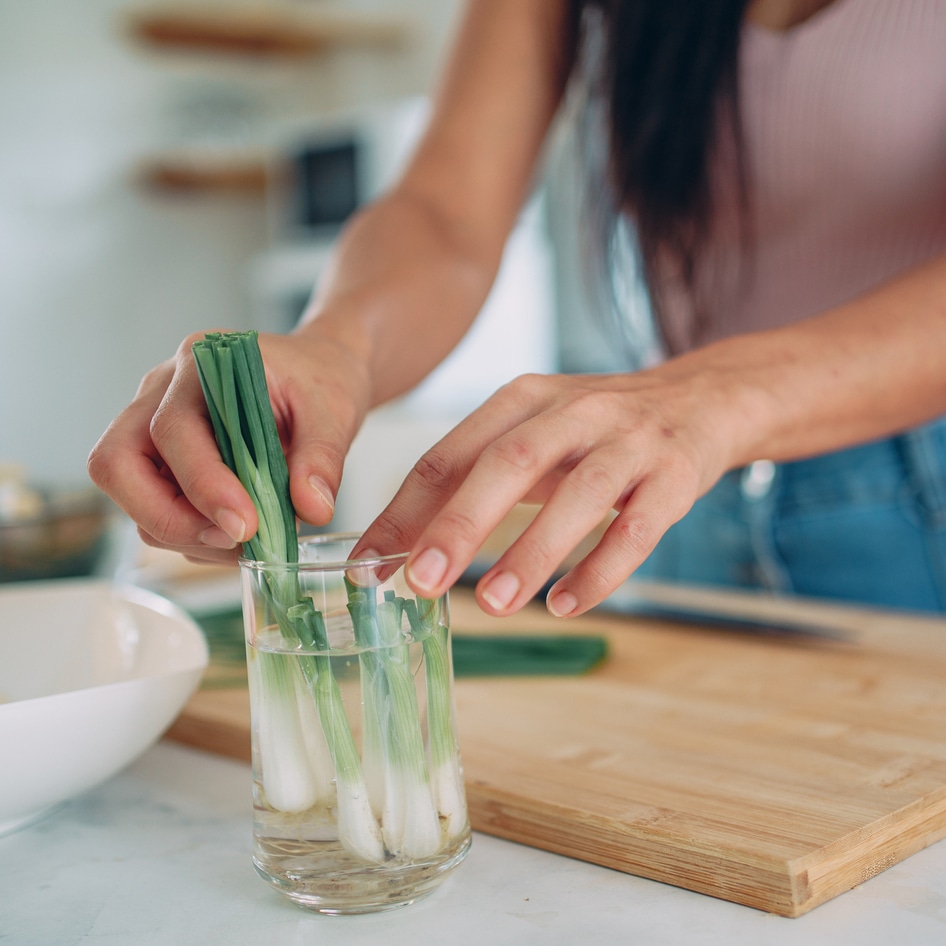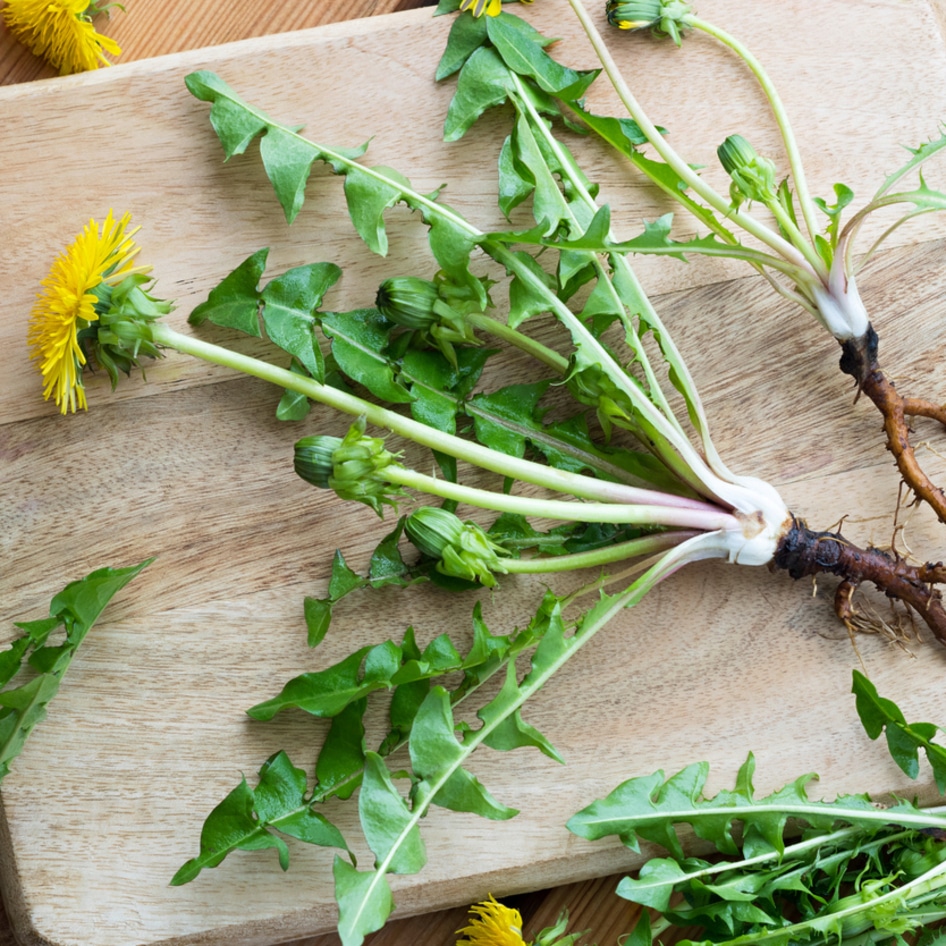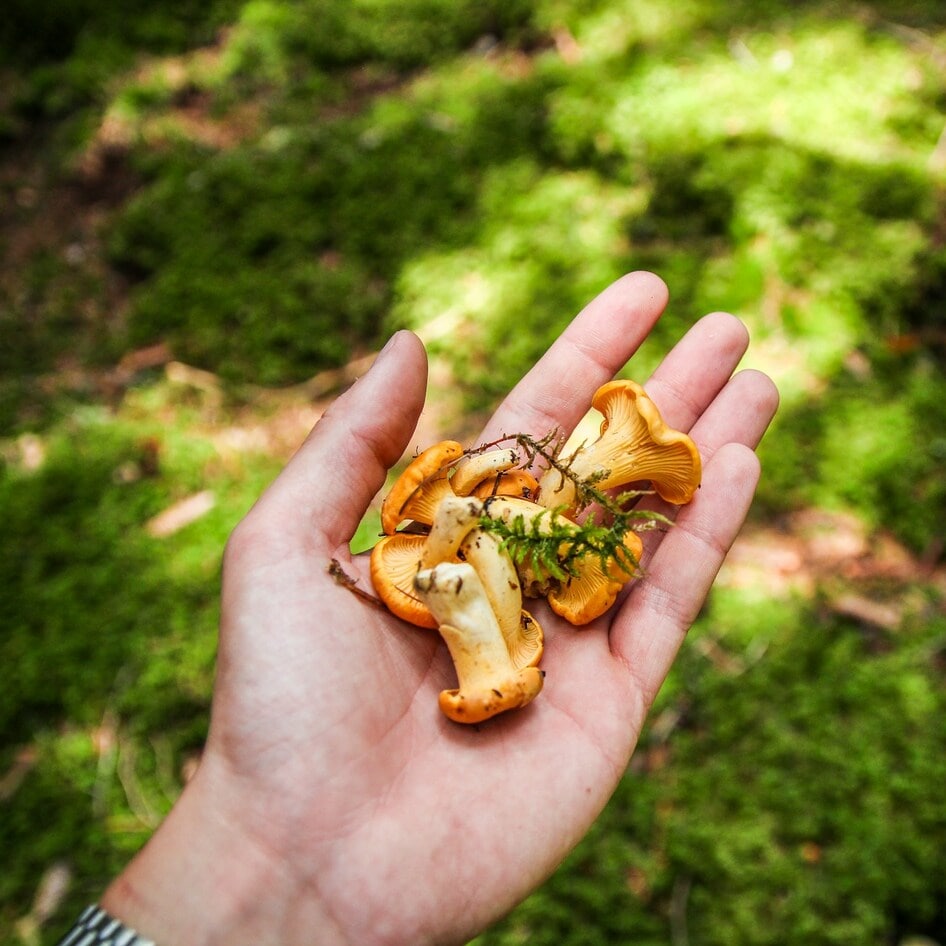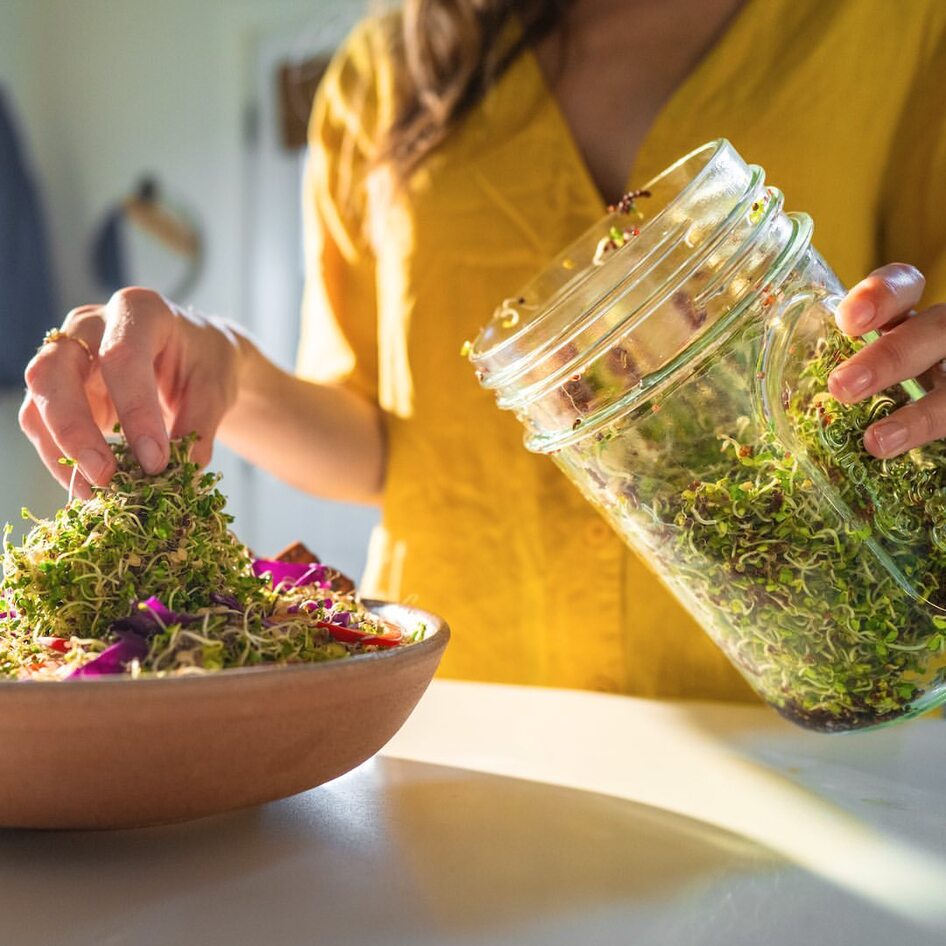If you’ve shopped at a grocery store recently, you may have noticed the cost of food has increased over the last few years. While inflation has increased the cost of common goods and services—such as gas, used cars, and dining out—the high cost of groceries is a particular pain point.
According to the Washington Post, in the last four years alone, grocery prices have increased by 25 percent. In fact, a November 2023 survey by Yahoo! Finance found that more than two thirds of American voters “say inflation has hit them hardest through higher food prices.”
Groceries, unlike dining out, are a necessity, not a luxury. So, we’ve gathered 10 tips to help you save money on your next trip to the store.
How to save money at the grocery store
Eating vegan is one of the most budget-friendly lifestyles out there, but like all diets, it can be expensive if you make it so. There’s the high-end natural food grocery stores, specialty nut butters, single origin chocolate bars, and more that can make anyone’s eyebrows raise at the checkout stand. Save yourself the financial woes—and dispel the stereotype of the “expensive vegan diet”—by following these simple money-saving tips.
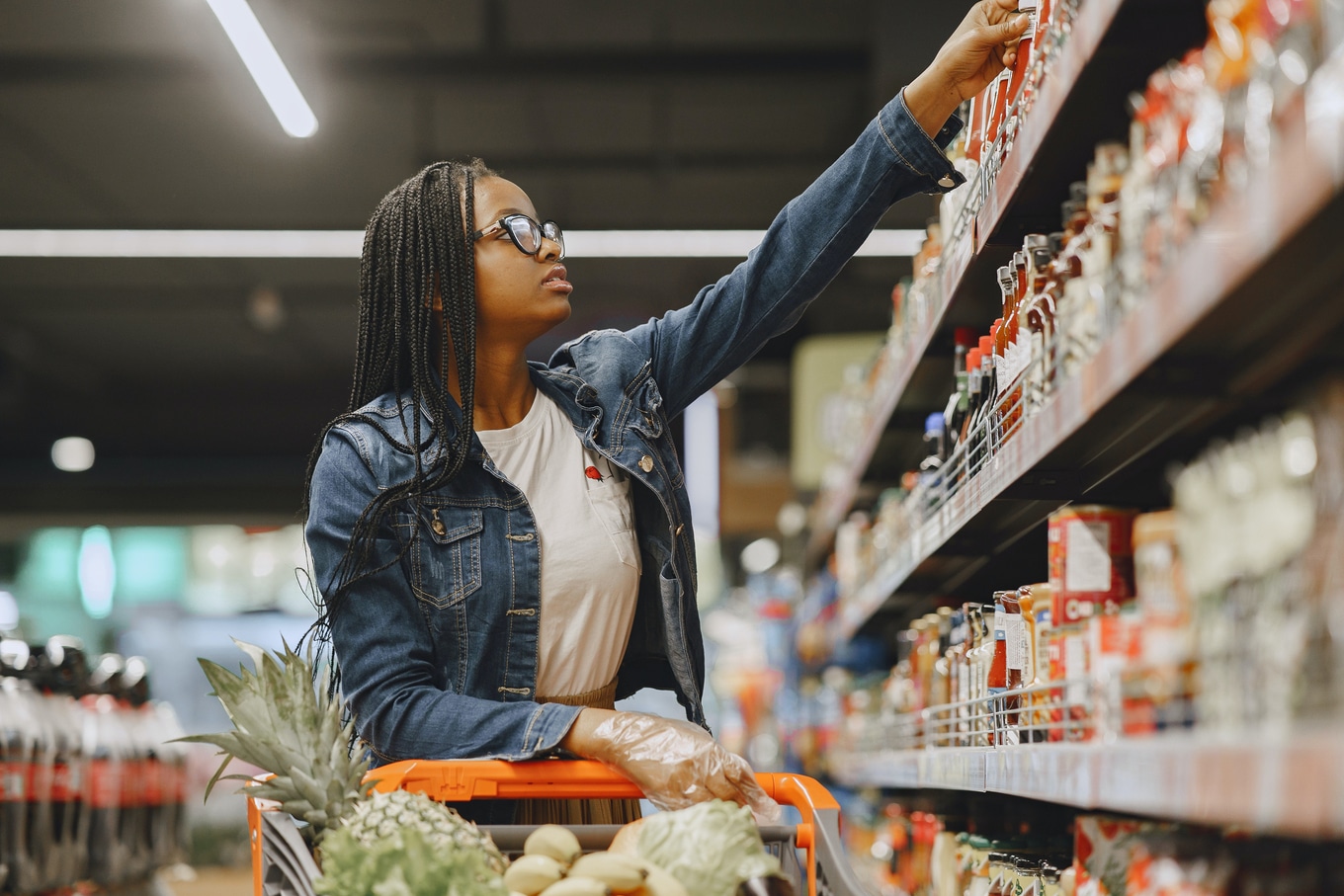 Pexels
Pexels
1 Look high and low
Grocery stores like to draw your attention to “special sales” at the ends of aisles, but these aren’t always the best deals. Push your cart through the middle of the aisle and look above and below your eye line. Brands pay top dollar for placement right in your line of sight, which often means they’re more expensive. Lesser-known brands (but not lower in quality) tend to be placed high up and down below, so stand on your tippy toes and reach for those savings!
Pro tip: You’ll often find the biggest bang for your buck with generic brands of veggie broth and vegan cereals. Trust us, your store brand bulk granola will taste just as good as the $9.99 luxury brand granola when sprinkled over your morning smoothie bowl.
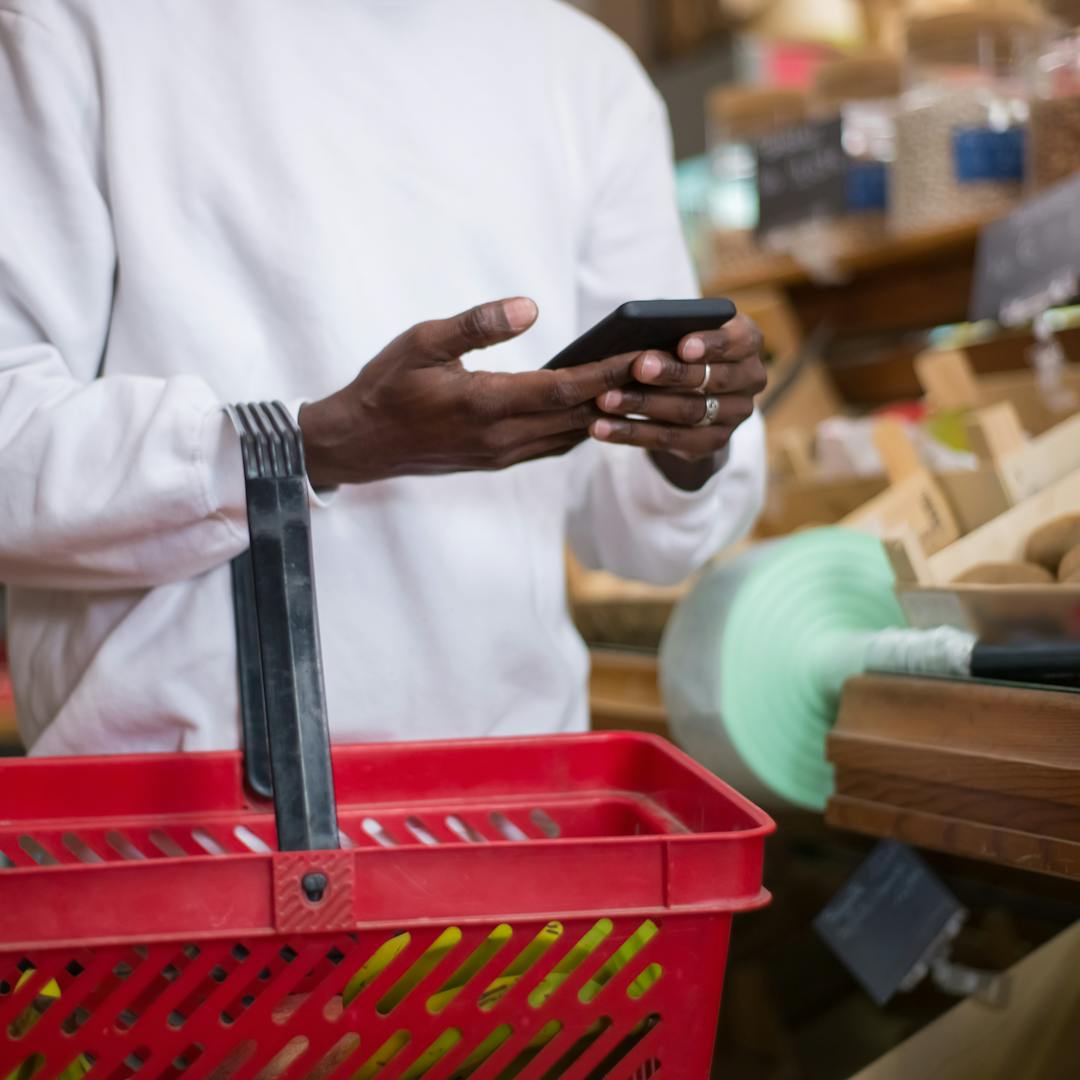 Pexels
Pexels
2 Use your phone
Nowadays, you can avoid onerous coupon-clipping and the anxiety of holding up the line while you rifle through your stack of coupons by downloading the app of your preferred grocery store on your phone. Nearly every store has an app with a robust coupon section, and it makes it so much easier to discreetly and quickly scan the barcode on your phone for big savings. Have Amazon Prime? Be sure to download the app for super savings at Whole Foods.
Pro tip: While many digital coupons feature non-vegan products, you can score in this department with vegan-friendly cleaning supplies.
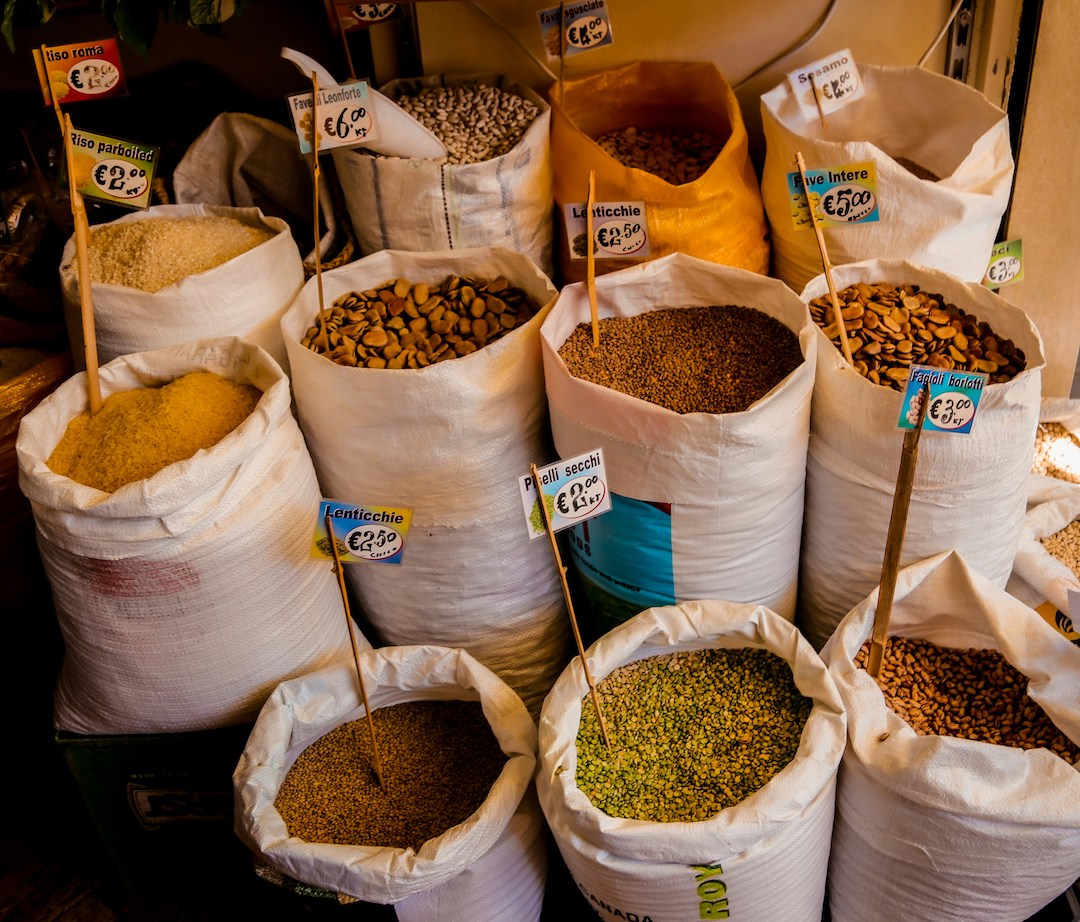 Bernd Dittrich/Unsplash
Bernd Dittrich/Unsplash
3 Buy in bulk (bins)
We’re not recommending you stock up on 10 pounds of tofu, but we would advise stopping by the bulk bin section for all your dry goods needs. Food producers can pay a lot for packaging, and bulk bins allow them to skip this cost and pass the savings down to you. Bins are also great for those higher-priced specialty purchases—such as spices you don’t normally use, nuts, cacao nibs, goji berries, fancy flours, etc—because you can buy only what you need instead of a $20 bag of the stuff. One of our favorite additions to the bulk section is the nut butter installment—not only is it fun to crank your own almond or peanut butter, but you’ll definitely save some dough, too.
Pro tip: Want to try a new baking recipe but not sure you’ll use all that specialty flour again? The bulk bins allow you to get just what you need to test out that gluten-free cake without investing upwards of $9 for a full bag of gluten-free flour.
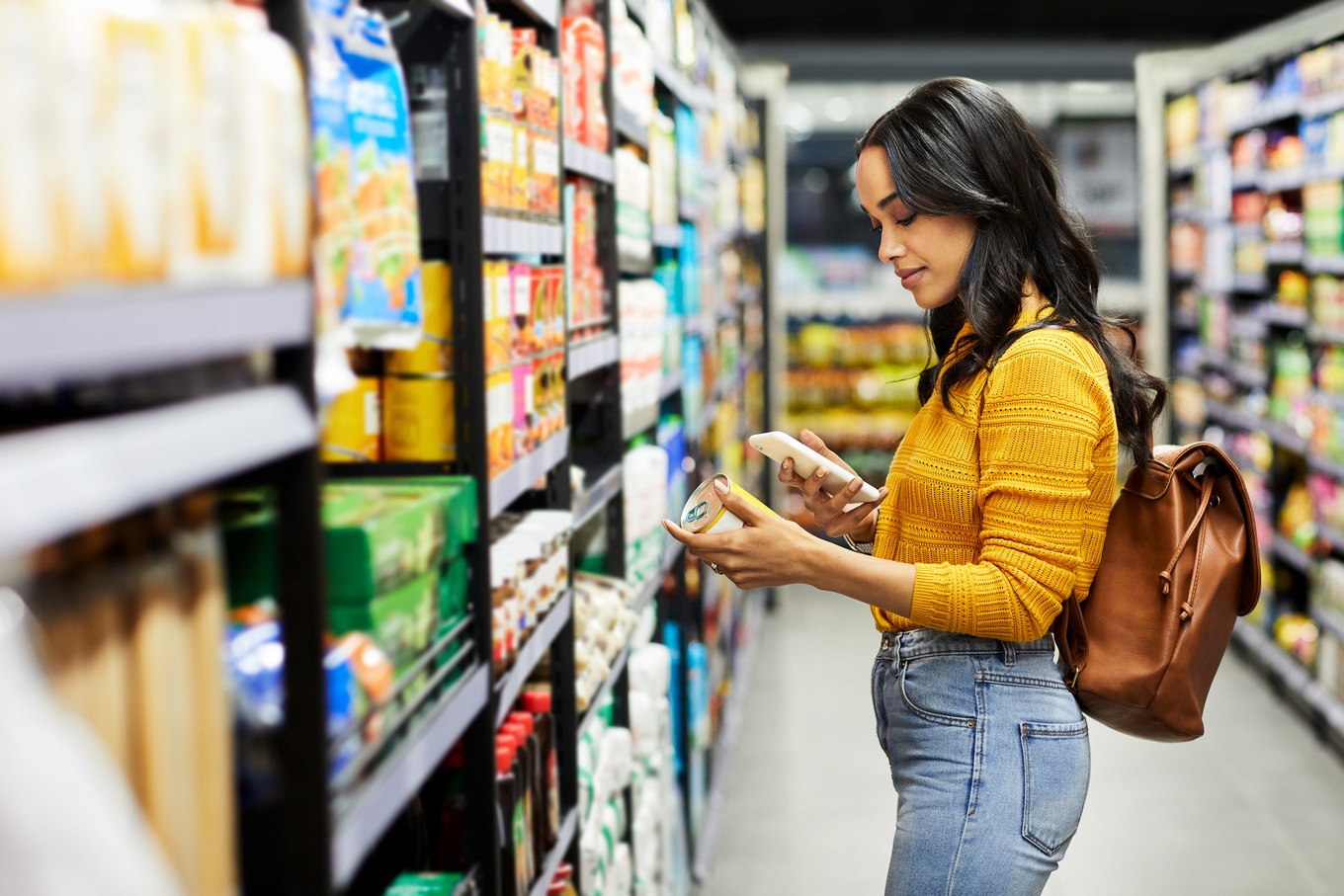
4 Check the unit price
Bring your reading glasses and look for the unit price to help you find the most cost-efficient product. The unit price uses standard units of measure to calculate the price per unit across brands. So while a smaller jar of marinara might look cheaper, the larger bottle could have a lower unit price, meaning you’ll get more for less. This number is listed as “unit price” on all price stickers, but it is much smaller than the actual price, so you might have to squint a bit.
Pro tip: This tip is especially helpful for items such as nut butters, coconut oil, and maple syrup. Sure, that tiny bottle of syrup might be less than the $19.99 gallon, but it could be twice as much (or more) when you compare unit pricing.
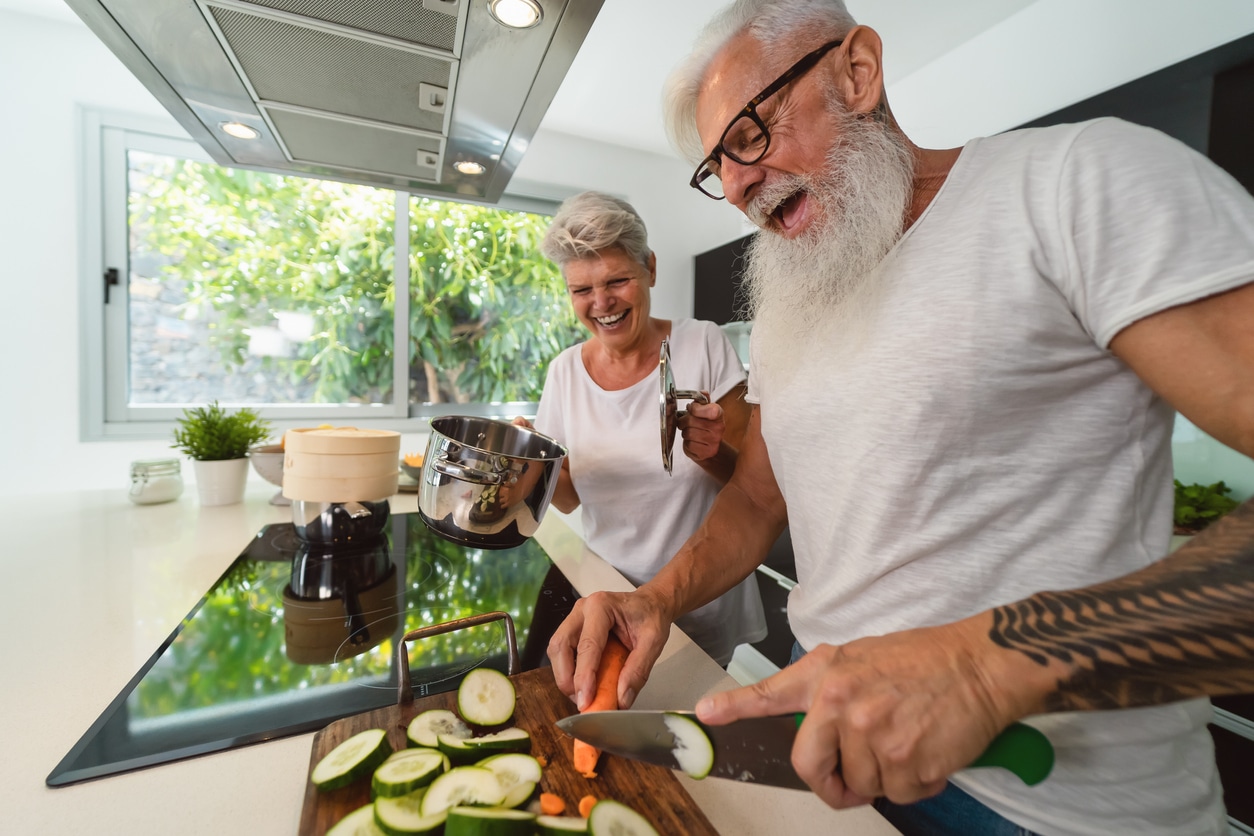 Getty
Getty
5 Chop it yourself
The refrigerated aisle within the produce department will often have a whole section devoted to prepared foods—chopped fruit and vegetables, sliced mushrooms, peeled squash, and an assortment of spiralized veggies all there for your convenience. However, these pre-prepped items can be much more expensive. While hacking into a butternut squash or spiralizing your own zucchini may not be something you look forward to, the extra five minutes you spend to prep your own food will pay off.
Pro tip: Unlike hacking up a piece of meat, plant-based foods are easy to chop up! Do yourself a favor and check out this YouTube video on basic knife skills for vegetable cuts. You’ll be a pro in no time.
BECOME A VEGNEWS VIP: Get exclusive product deals, freebies, and perks galore!
 Pexels
Pexels
6 Don’t even go down that aisle
Just as a parent shopping with small children knows not to venture down the cookie aisle, train yourself to avoid the specialty product section. Particularly at fancy stores, these aisles can be full of vegan wonder—cookies, gluten-free crackers, cacao-pistachio butter, oh my! But just like any way of eating, veganism can be expensive if you buy only expensive products. Save it for a special occasion and just walk away. You don’t need it.
Pro Tip: If that bag of lion’s mane mushroom hot chocolate is already in your hand, ask yourself: “How many times will I use this? Do I really believe it will help me sleep? Will it even taste good?” If you still have an inkling of doubt, put it back.
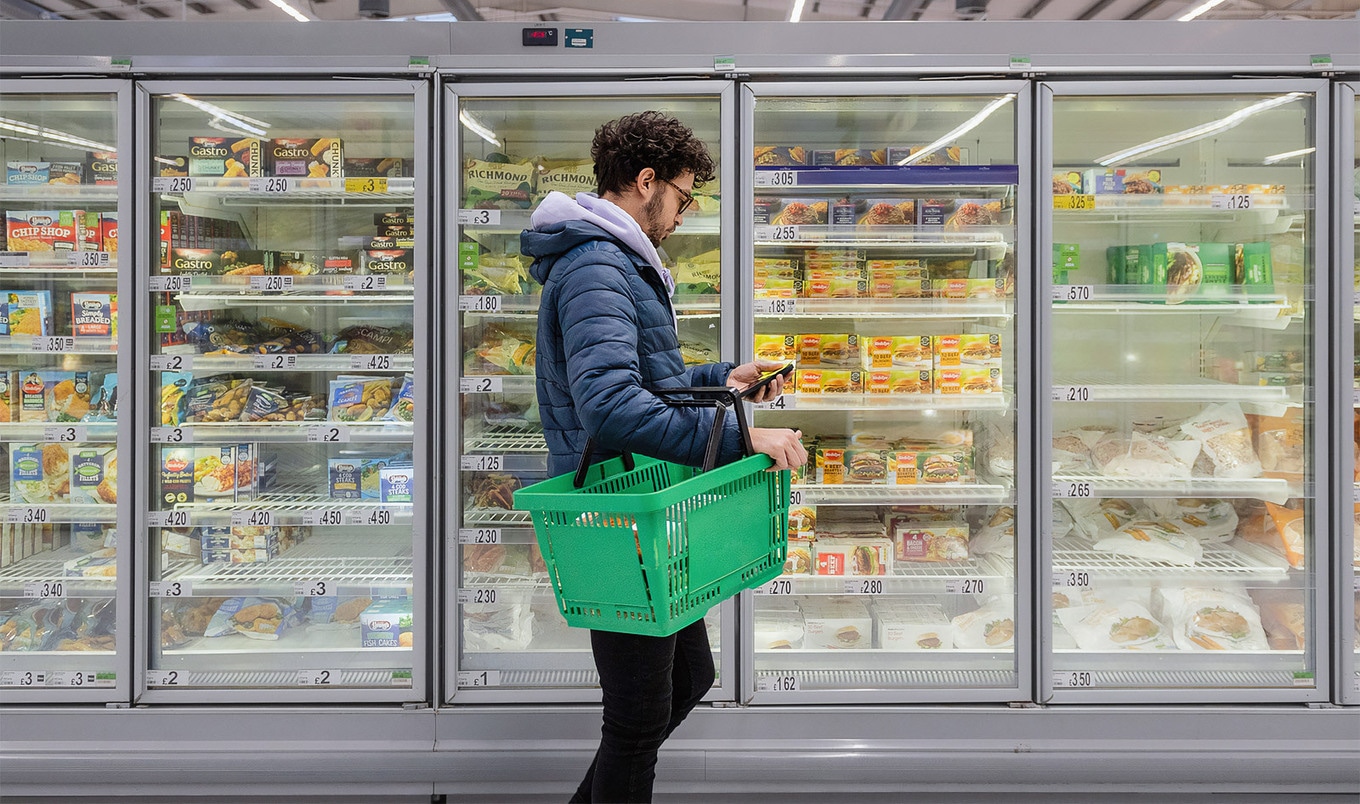 Getty
Getty
7 Warm up to the freezer aisle
Frozen foods tend to get a bad rap. Sure, if you’re buying an overly processed TV dinner, this stereotype has some roots, but if you stick to fruit and veggies, you’ll find high-quality products at bargain prices. Frozen fruit is perfect for smoothies; there’s no need to buy fresh if you’re just going to blend it up, and this way, you don’t have to water your drink down with ice. Frozen vegetables are great for stir-frys, soups, scrambles, and casseroles. Plus, frozen produce keeps for months, so you can stock up and not worry about food going to waste.
Pro tip: The rule of thumb here is that if you’re going to cook or blend your fruit, veggies, or vegan meat with other ingredients (think soup, smoothie, or stir-fry), go frozen. If you plan to enjoy a handful of strawberries on their own or dig into a big bowl of steamed broccoli, these tend to be more palatable when purchased fresh.
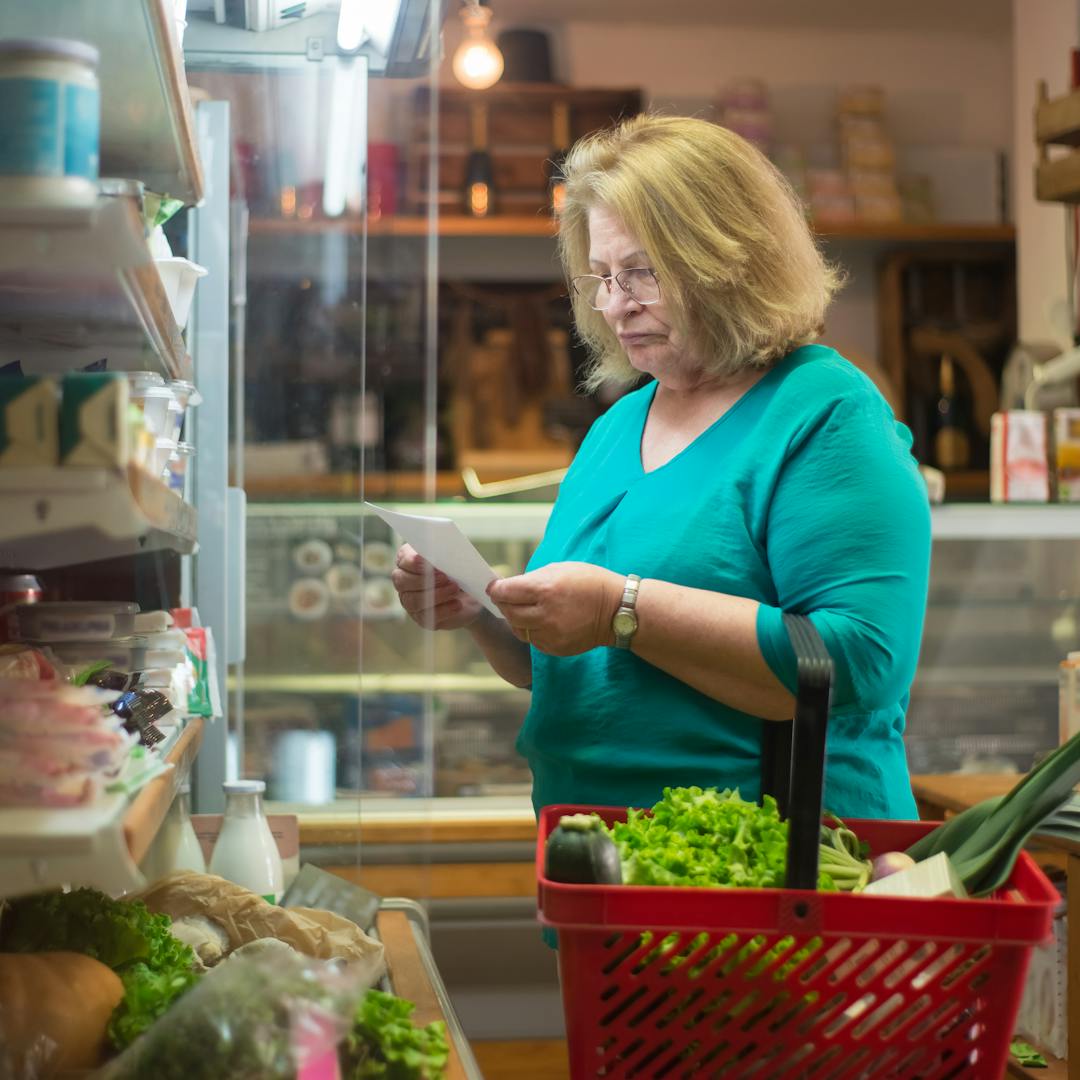 Pexels
Pexels
8 Make a list
Grocery stores are full of temptation. Between the fancy foods and the highly marketed sales items, many find it impossible to walk into a store and only purchase what they came in for. Make a list and stick to it—no excuses.
Pro tip: For those who like to be super organized, you can group your list in terms of departments—produce, bulk, vegan dairy, etcetera. Talk about efficiency!
 Eduardo Soares/Unsplash
Eduardo Soares/Unsplash
9 Ask yourself this question
“But, it’s on sale!” It can be hard to pass up (what looks like) a stellar deal, but buying on-sale items when you don’t need them can turn a simple shopping trip into a major expense. “10 for $10”; “Buy one get one half-off”; “25% off!” All of these can have you piling up your cart, but before you start reaching for those discounted soup cans, ask yourself this question: If it wasn’t on sale, would I buy it? If the answer is no, leave it alone.
Pro tip: This could be an exception when you really want to try one of those aforementioned specialty vegan items. If you’ve been thinking about that lion’s mane hot chocolate for weeks and it does go on sale, this might be the time to treat yourself.
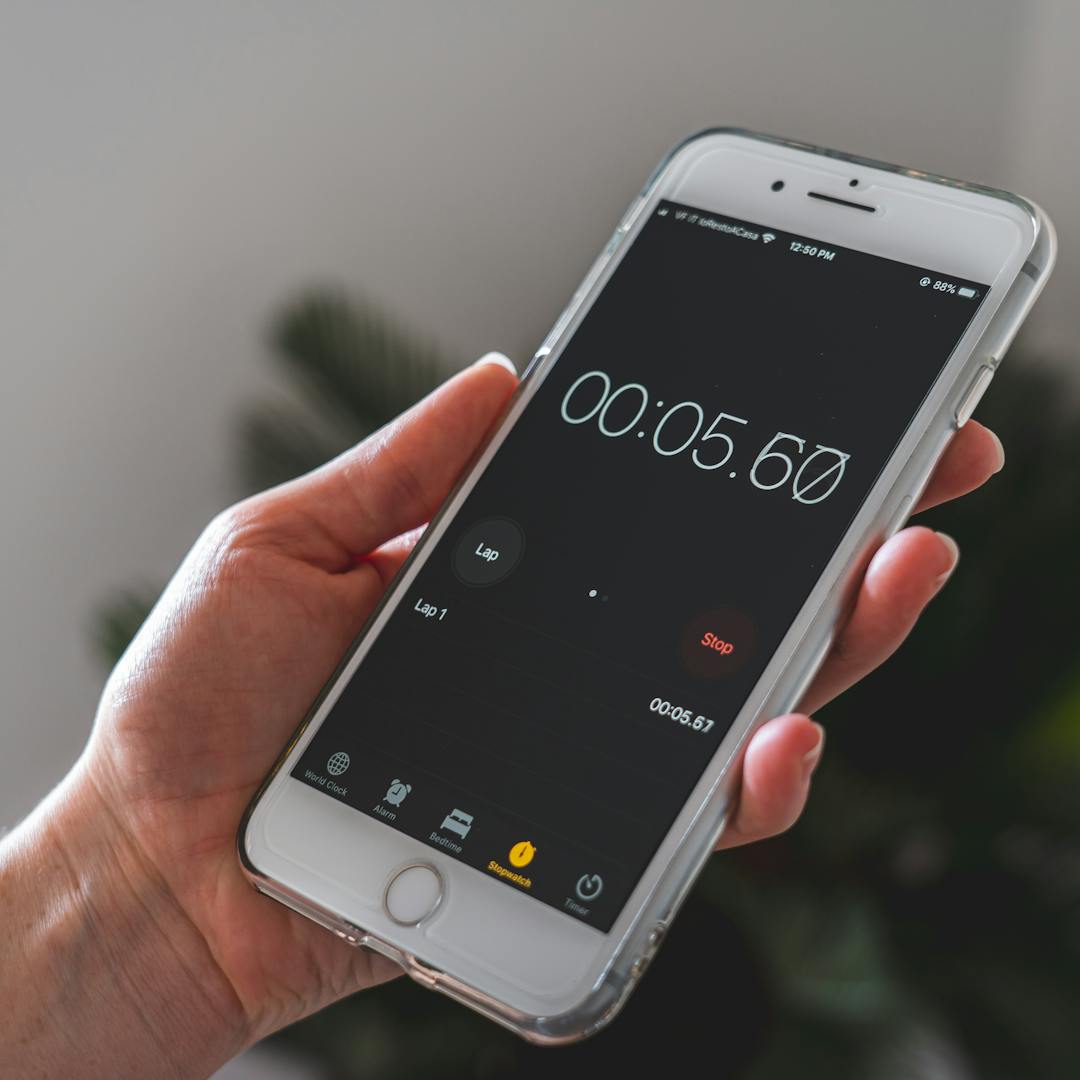 Pexels
Pexels
10 Set a timer
If you get distracted easily or consider yourself a grocery store wanderer, it helps to set your phone timer to keep you on track. List in hand, make your way through the store as swiftly as possible, without becoming a hazard to your fellow shoppers (you’re not on a gameshow!) and only buy what is on that list. Having a time limit means you won’t have time to convince yourself to buy those specialty items. The time depends on how much you need to purchase, but try to stick to 5 minutes for a basket and 15 minutes (max) for a full cart. Once that timer goes off, you better be waiting in line at checkout—and no grabbing any vegan chocolates at the cashier stand!
Pro tip: If you’re especially tempted by the goodies that line the checkout conveyor belt, opt for the self-checkout lane—these lanes aren’t always surrounded by such items. But if they are, having to scan your own groceries is a great distraction from unnecessary purchases.
For more vegan shopping guides, read:
JUMP TO ... Latest News | Recipes | Guides | Health | Subscribe
Here at VegNews, we live and breathe the plant-based lifestyle, and only recommend products we feel make our lives amazing. Occasionally, articles may include shopping links where we might earn a small commission, but in no way does this effect the editorial integrity of VegNews.




